Here is how to apply at the United World Colleges for higher studies

Mail This Article
Most people view education as only a means to find a good career that earns well. However, it is high time that we realise education’s role in bringing positive change in the world. The United World Colleges (UWC) is an international network of over 18 schools and unique educational programs that aim to spread education as a “force to unite people, nations and cultures for a peace and a sustainable future”. In India, the United World Colleges has a campus in Pune. More than ten thousand students hailing from over 155 countries study in UWC’s colleges established on six continents.
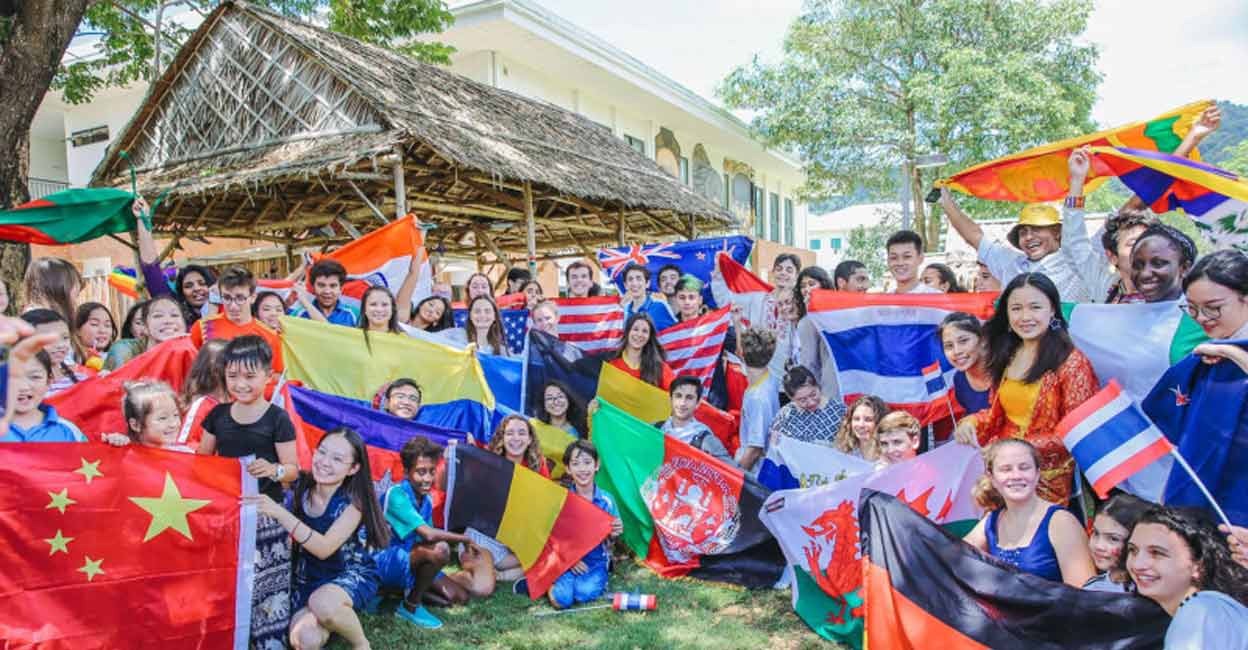
Admission to the UWC’s International Baccalaureate Diploma program begins this month. Candidates who are between 16 and 19 years of age can apply for the senior secondary level education which follows the International Baccalaureate syllabus. Most students who are selected for this full-time residential program get scholarships to meet their expenses. Interested candidates can submit applications via the Indian National Committee of UWC from 4 September to 7 November. Essays written on selected topics and recommendation letters too should be submitted along with the application.
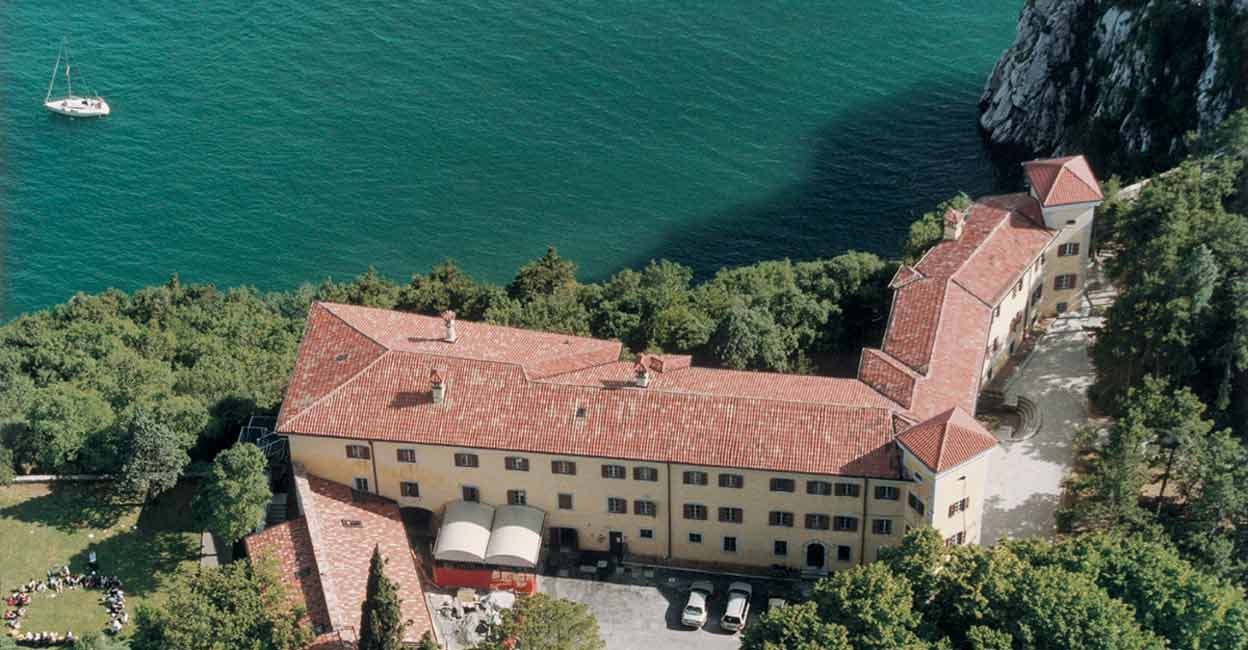
Eligibility
1) The candidates should be between 16 and 18 years of age at the time of enrolment. However, the applications of 15-year-olds who are currently studying in class ten may be considered depending upon their abilities.
2) The applicants should be Indian citizens. Persons of Indian Origin and Overseas Citizens of India card holders too can apply.
3) The applicants should be presently studying in class ten or eleven.
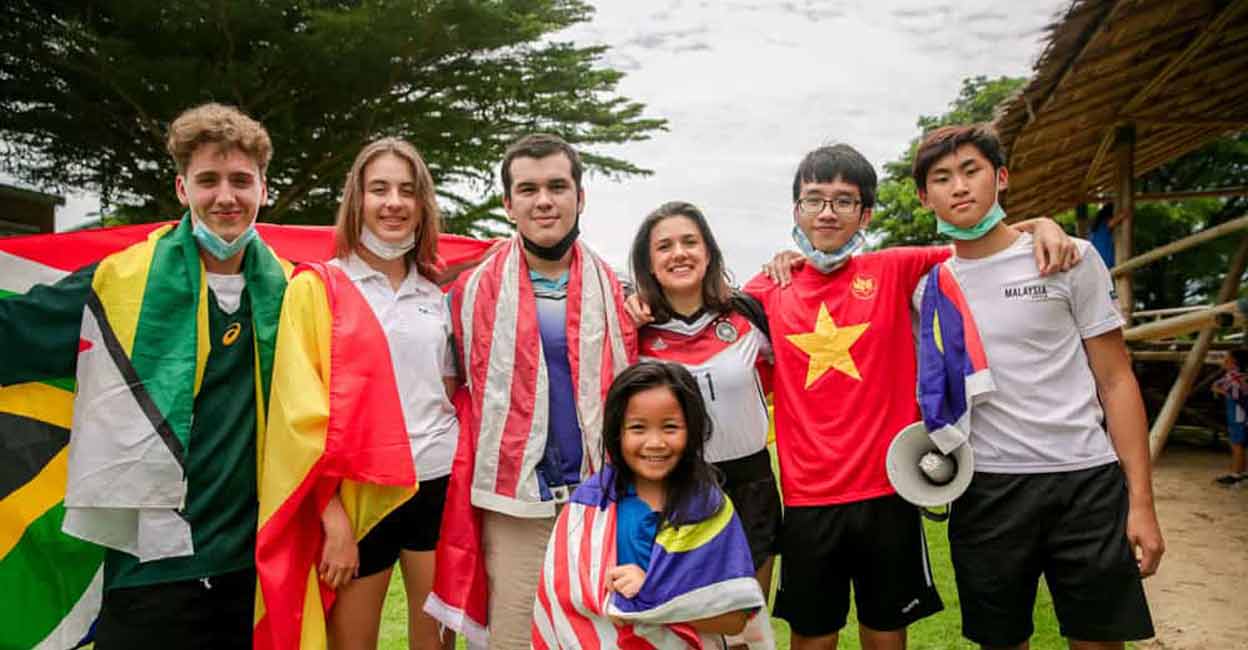
4) The applications of home-schooled candidates or those who are learning through alternate education systems will be considered.
The selected candidates will get a unique and rare opportunity to become an international citizen and join a network of over 60,000 alumni who have studied at UWC’s centres in the world including the United Kingdom, Singapore, Norway, Hongkong and the United States.
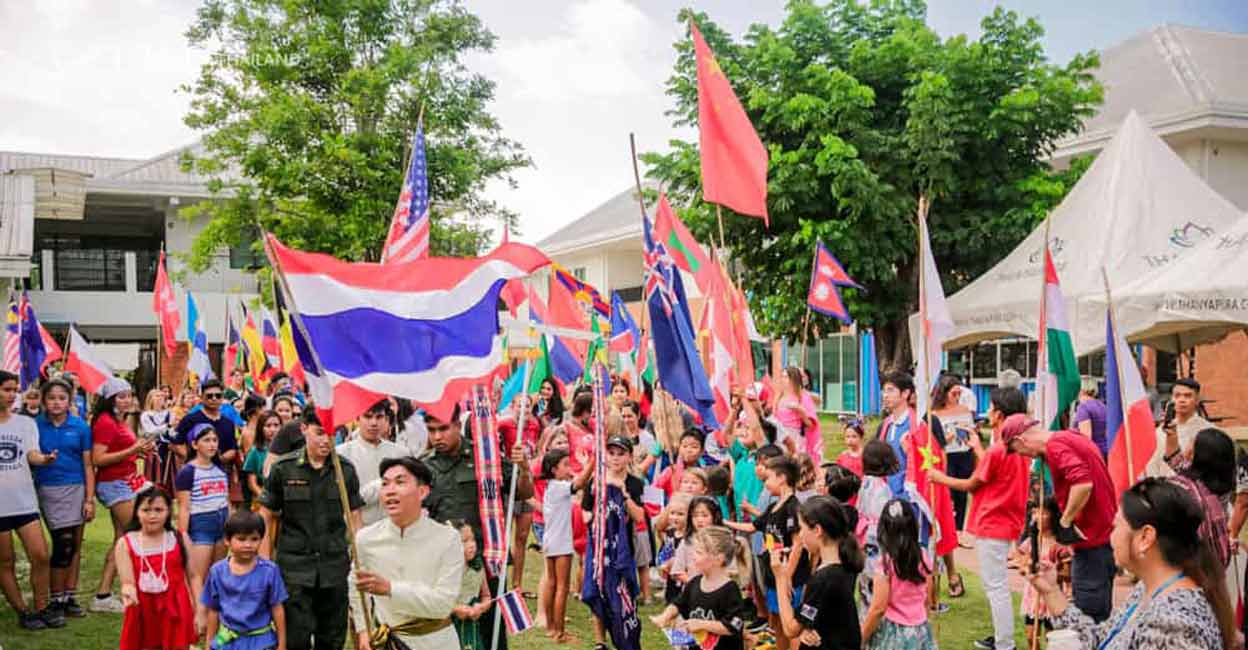
History
The first school under the United World College, the Atlantic College, was started in 1962 at Wales in the UK. It was the first international sixth form college, in the world, for teenagers between 16 and 19. Noted German education Kurt Hahn was founder of the United World Colleges. He believed that future tussles and wars could be avoided if youngsters with different cultural backgrounds are given education under the same roof. The difficult times after the second world war had forced Hahn to think about such a unique idea.
In 1955, Hahn was invited for a lecture at the NATO Defence College in Paris. There, he was inspired by the great camaraderie and cooperation between the cadets from various countries. Until a few years ago, their countries had been at each other’s throat. By that time, Kurt Hanh had already started many schools that followed his unique teaching style and syllabus. Moreover, his ideas and theories were in a stage of evolution. He had always spoken about education’s incredible power to bring back kindness to the world.
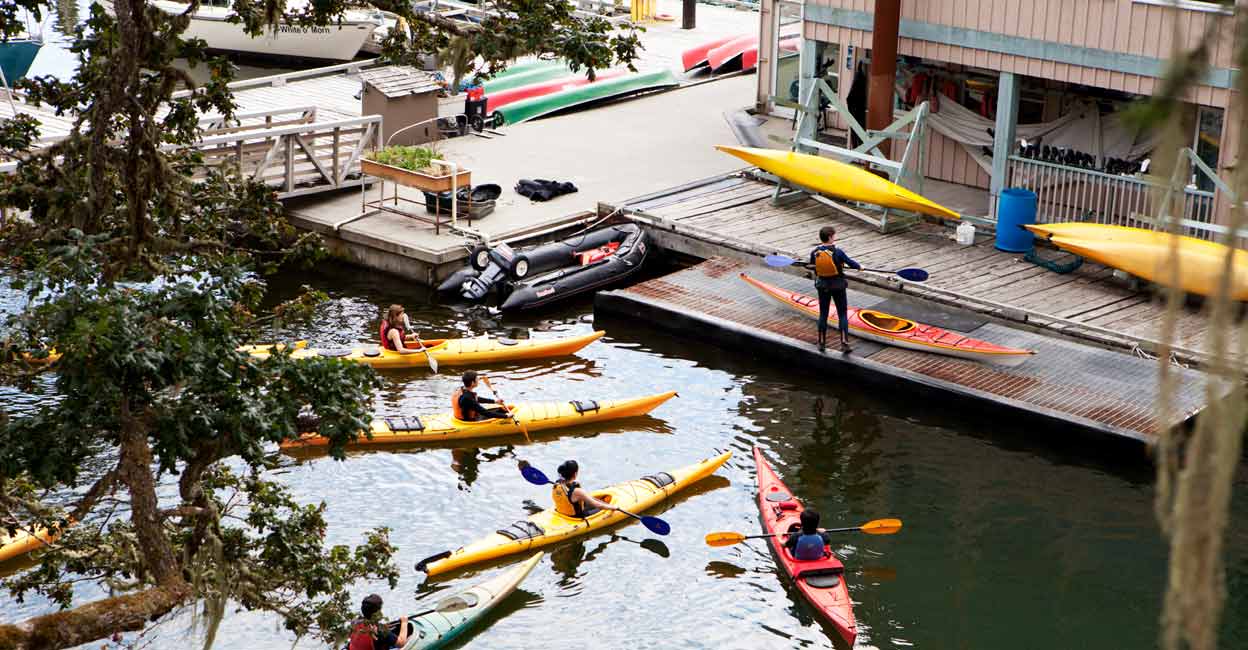
In a lecture, in 1958, Hahn said, “There are three ways of trying to win the young. There is persuasion, there is compulsion and there is attraction. You can preach at them: that is a hook without a worm. You can tell them ‘You are needed’. That appeal hardly ever fails.” The United World Colleges have been envisioned as a place where children are taught kindness and empathy and an open world view that accepts and respects others.
The founders of UWC had wished that the youngsters should acquire the strength and courage to always stand for what is right. They wanted the students to learn from their mistakes and to come back with renewed strength. These ideals have been followed in UWC’s schools since the time of the Atlantic College.
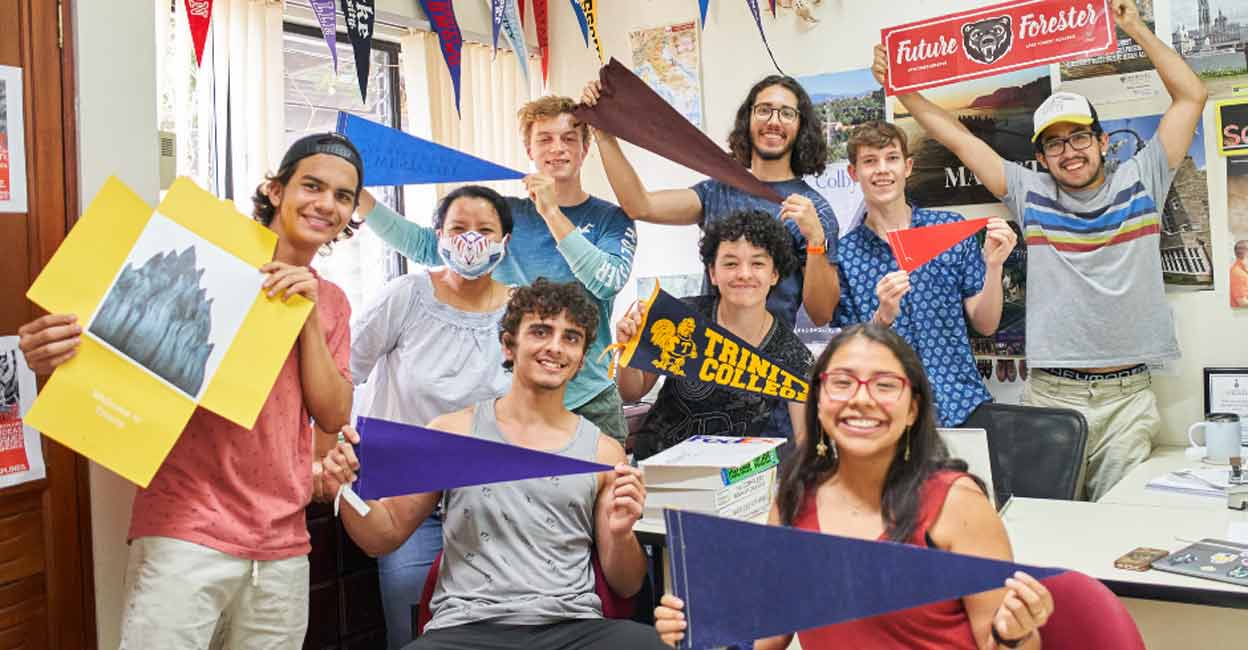
During the cold war era, many realised the significance of such a college that promotes kindness and mutual cooperation. Soon, UWC grew into an international movement that brought evolutionary changes in the field of education. Lord Mountbatten, the first President of UWC, played a major role in making the institution grow out of its North Atlantic roots. It was Lord Mountbatten who suggested to form various national committees that would select the students.
Mahindra group and UWC
It was in 1997 that the UWC joined hands with the Mahindra Group to open the first UWC school in Khubawali village in Pune. The network of UWC colleges have been spread in countries like China, Japan, Brazil, Chile, Argentina, Burkina Faso, Cambodia, Columbia, Congo, Barbados, Belarus, Belgium, Azerbaijan, Bangladesh, Austria, Angola, Afghanistan, Costa Rica, Australia and Thailand. UWC schools would be opened in Singapore and Canada in the coming years.
In a world where everyone is trying to conquer each other, UWC aims to create a generation of human beings who are kind and are keen to listen to the needs of the world. To know more about the admission process, log into https://www.uwc.org/, https://www.in.uwc.org/. Click here to apply to the UWC colleges https://www.in.uwc.org/how-to-apply/apply-now.

